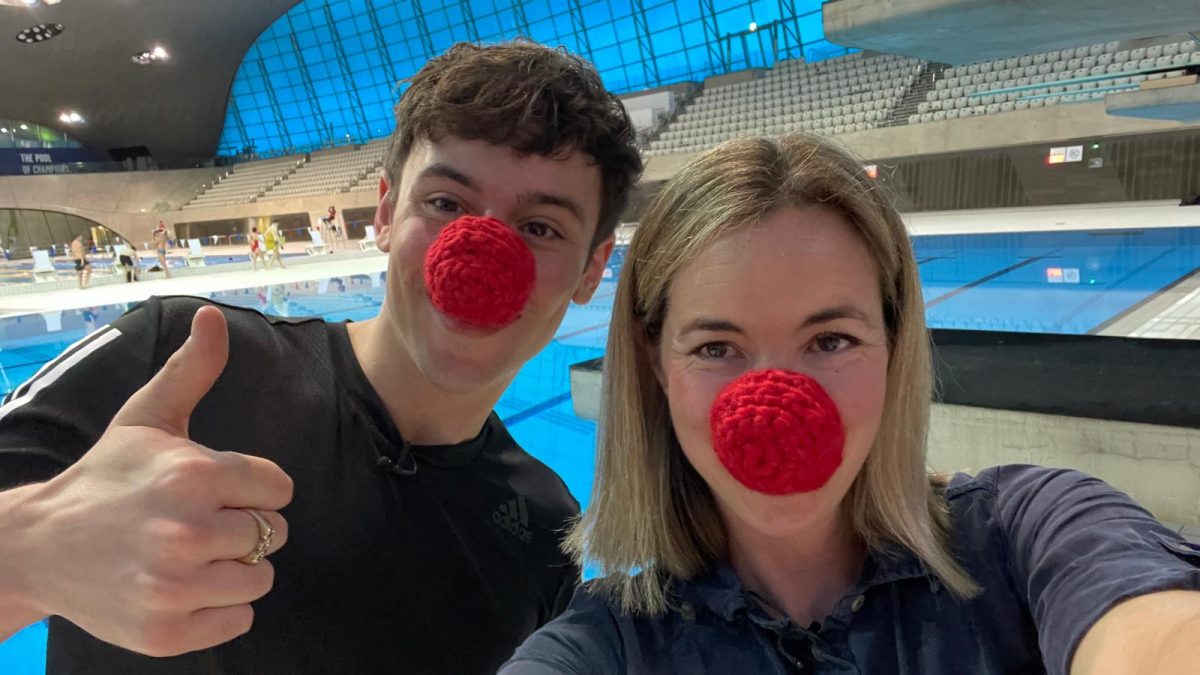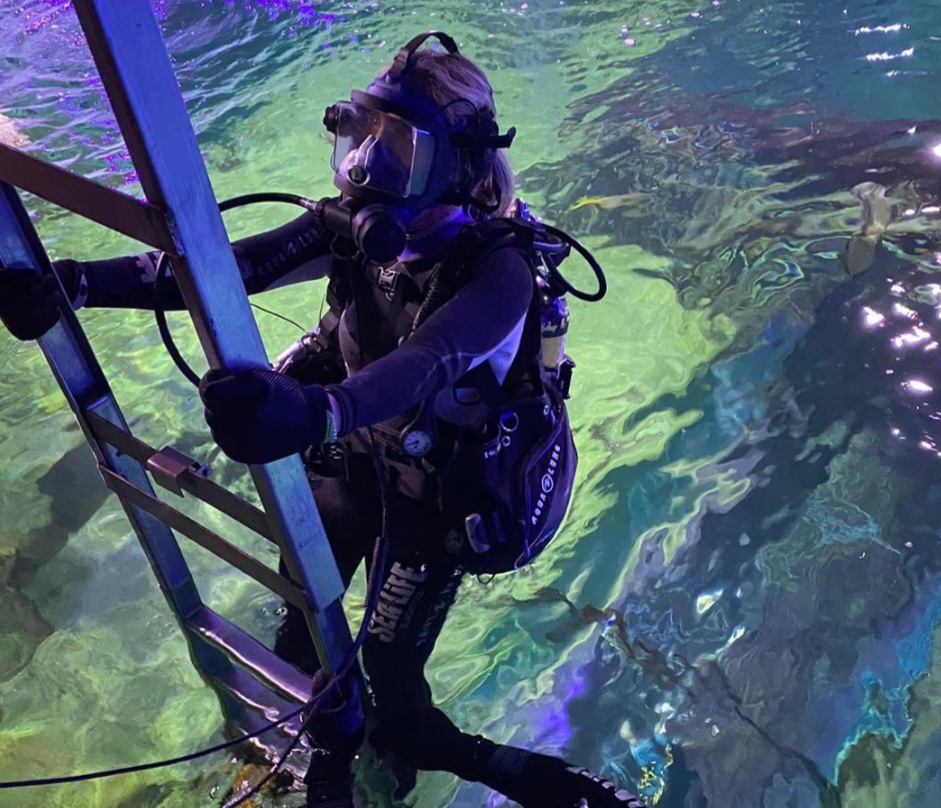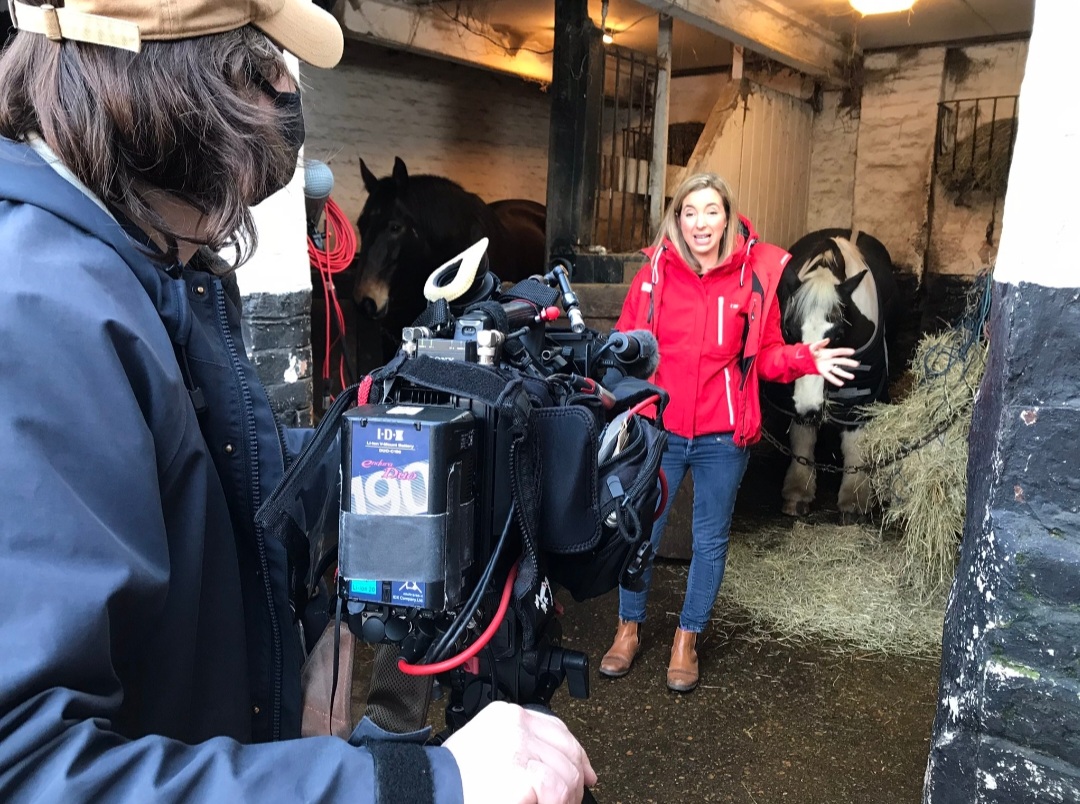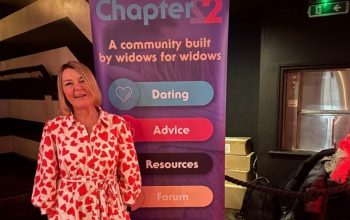How many of us could say we see ourselves working for the same employer for a quarter of a century?
Certainly not me, and current trends of job-hopping suggest I’m not alone. In that sense, journalist Fiona Lamdin is somewhat of a rarity. Based at BBC Points West as a Social Affairs Correspondent, Lamdin is currently celebrating 25 years of working for the corporation.
When I asked Lamdin how it felt to have been covering stories for such a long time, she laughed.
“It feels like only two minutes ago I was wondering where I would get my first job and my first break,” she said.
Lamdin originally fell in love with journalism after leaving university, and having studied English and Anthropology, she moved to Ecuador for six months to work at a radio station. Showcasing the broadness of the profession, two particular standout moments involved climbing an active volcano and conducting an impromptu interview with former president Jimmy Carter in her pyjamas. Easy to talk to, her passion for her work is evident.
“It’s a real cliché, but I’ve never really seen it as a job,” she said. “It’s brilliant because every day you’re pretending to be an expert or trying to get your head around new things, you get to be so nosy and ask people all sorts of questions.”

Throughout her career, Lamdin has covered many important stories. She reported on the murder of Becky Watts, a sixteen-year-old killed by her step-brother in 2015. Lamdin even secured an exclusive interview with Becky’s dad and step-mother, winning the Nations and Regions News Award from the Royal Television Society as part of the team who had covered the trial.
“I did this interview with them [Becky’s father and step-mother], and it went on for about eight hours,” she said.
“It was amazing because they’d been offered thousands of pounds by people to talk to them, but I had just struck up this relationship with them, and they really trusted me. They took me up and showed me Becky’s bedroom and where she died, and it was just such a privilege.”
I asked Lamdin if there had been a particular highlight throughout her career. Without pausing, she launched into a tale of her live broadcast from within a shark tank to celebrate the reopening of aquariums after the Covid-19 lockdowns.
“It was actually quite daunting going down,” she said. “We did a rehearsal and there was this huge turtle that was desperate to eat my TV cables.
“It came to the actual day and I was underwater for about ten minutes during the broadcast, not knowing how much oxygen I had left. But it was brilliant, everyone could hear, and it was a real triumph.
“I love the personal stories where people are opening up and telling you everything but I also love the live element and the complete unpredictability.”

Moving back on to dry land, I asked how Lamdin thinks journalism has changed over the past 25 years. Despite the evident technological innovation, she suggested one thing in particular has improved for the better.
“It’s much more about trying to tell the unheard stories,” she said. “We’re much more interested in diversity. With the cost of living crisis, I met this lovely guy called Samuel who lived on the 15th floor of a tower block with his two kids and he gave us amazing access, letting us film him and his kids all sharing a bed. He was just so incredibly honest and I’m not sure that sort of normal everyday person would have been considered as newsworthy in the past.
“It’s this sense that everyone’s got a story and actually those stories really matter. I think 25 years ago you probably wouldn’t have seen that slice of life.”
With journalism often considered amongst the most distrusted professions, I was interested to know why Lamdin believes it can still be a force for good. One particular example she gave involved a fundraising campaign to prevent the imminent closure of a disabled riding school.
“We went up and covered the story and met these amazing kids that told us how these horses were their lifeline,” she said.
“I did the broadcast the next morning and they still had at least half a million pounds to raise. I got a call from the editor halfway through my drive home to say they’d just hit the target. Viewers were so moved by these kids. I ended up doing a U-turn and going back and we were then live again the next morning.
“It just shows the power of the media and the power of storytelling. There are times when the media can be not particularly helpful, but there are other times when actually by shining a light on things it’s amazing what a difference you can make.”

It was almost time for Lamdin to return to work but I had just one more question before she could get back in front of the camera. Is there any advice she’d offer to those seeking to follow her path into the wonderful world of news? She paused to think.
“It’s absolutely doable,” she said after a while. “I remember thinking when I was at university that I’d never be able to do all these things but it’s just about having perseverance and keeping going. There’s always going to be a place for journalism, it might be changing, but it’s still a brilliant job. We’ll always need people to tell good stories and people to listen to others.”
Politics Editor of the Kingston Courier. Please get in touch if you have any local stories or political issues you wish to share that might be of interest!






